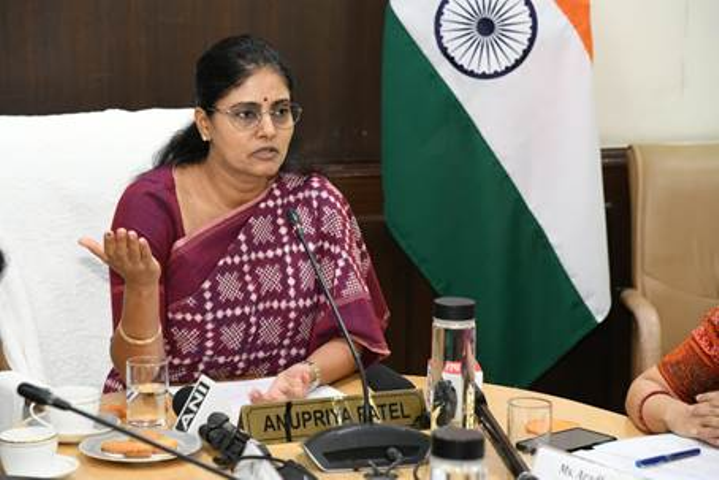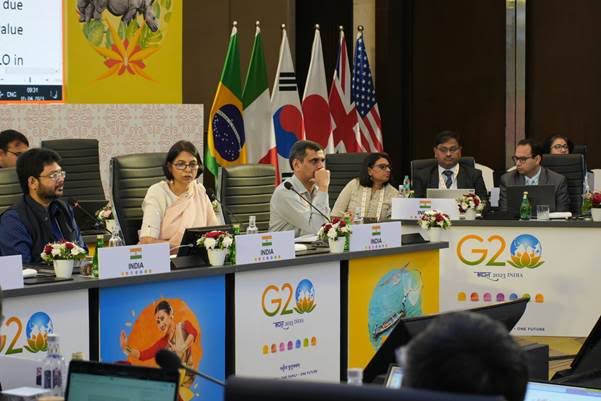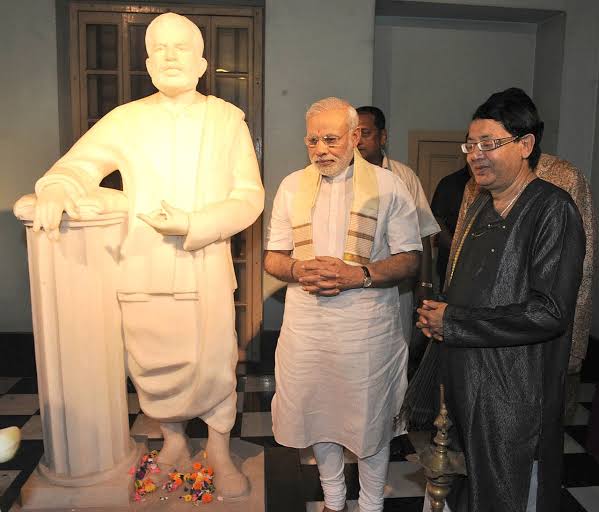The affordability and accessibility of essential medicines remain a crucial concern for millions of people, and the government has taken significant steps to regulate drug prices through the National Pharmaceuticals Pricing Policy (NPPP), 2012. This policy establishes a framework to ensure that essential medicines remain within reach for all, balancing affordability with the need for a competitive pharmaceutical industry. Instead of relying on cost-based pricing, as was done under the Drugs (Prices Control) Order of 1995, the policy adopts a market-based pricing approach. This ensures that while drug prices remain fair, manufacturers continue to have the incentive to produce high-quality medicines. Importantly, the policy focuses on regulating the prices of formulations—medicines directly used by consumers—while leaving bulk drugs and intermediates outside its scope to maintain supply chain efficiency.
 Beyond domestic regulation, India has also strengthened its global collaboration in the pharmaceutical sector. The Central Drugs Standard Control Organisation (CDSCO), which oversees drug safety and quality in the country, has entered into agreements with several international regulatory bodies. These collaborations, involving countries such as the United States, the United Kingdom, Japan, Germany, Brazil, and Russia, aim to enhance regulatory cooperation, improve drug safety standards, and ensure faster access to life-saving medicines. In addition, India is actively engaging with the Drug Regulatory Authority of BRICS nations, reinforcing its role as a global leader in pharmaceutical manufacturing and quality assurance.
Beyond domestic regulation, India has also strengthened its global collaboration in the pharmaceutical sector. The Central Drugs Standard Control Organisation (CDSCO), which oversees drug safety and quality in the country, has entered into agreements with several international regulatory bodies. These collaborations, involving countries such as the United States, the United Kingdom, Japan, Germany, Brazil, and Russia, aim to enhance regulatory cooperation, improve drug safety standards, and ensure faster access to life-saving medicines. In addition, India is actively engaging with the Drug Regulatory Authority of BRICS nations, reinforcing its role as a global leader in pharmaceutical manufacturing and quality assurance.
The government’s efforts in regulating drug prices and enhancing international cooperation reflect a commitment to public health and global partnership. By ensuring that medicines remain affordable while maintaining high safety and quality standards, these initiatives offer hope to millions who rely on essential medications for their well-being.




